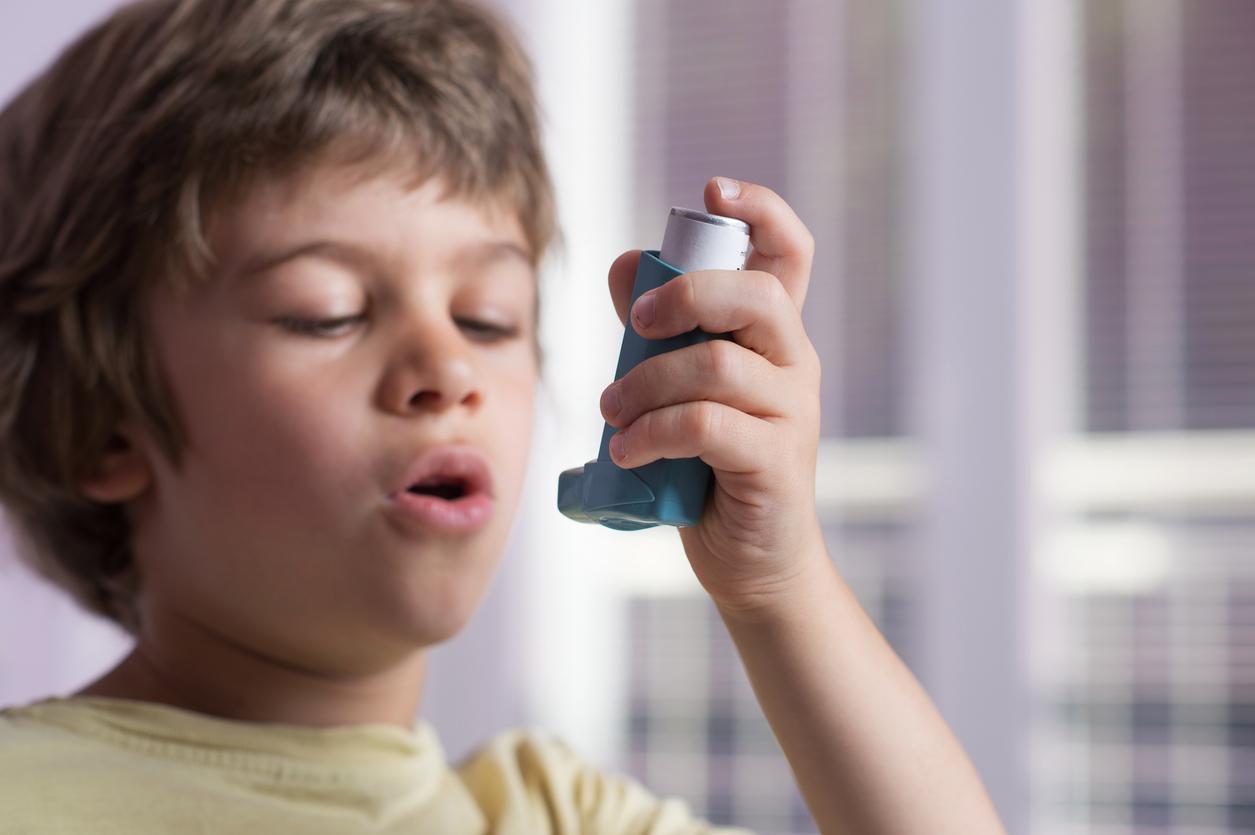Allergic asthma is characterized by inflammation of the bronchi and respiratory discomfort caused by the inhalation of allergens, most often dust mites. This exposure to allergens leads to the production of antibodies called immunoglobulin E (IgE) and type 2 cytokines in the airways, which leads to a cascade of reactions leading to hyperresponsiveness of the airways, overproduction of mucus and excessive high white blood cells called eosinophils in the airways.
Inhaled corticosteroids are most often used to control asthma. But in the case of severe asthma, this treatment is not enough. It is then necessary to resort to treatments with therapeutic monoclonal antibodies which force patients to perform injections for years, even throughout their lives. This is why Inserm researchers have been working for a few years now on the idea of a vaccine.
Antibodies still present a year after the vaccine
Therefore researchers from Inserm, the Institut Pasteur and the company NEOVACS have developed a conjugate vaccine. Preclinical results (on mice) have shown that it induces a lasting production of antibodies, still present 6 weeks after the first injection of the conjugate vaccine in 90% of rodents. More than a year after the primary immunization, 60% of the mice still had antibodies capable of neutralizing the activity of the immunoglobulins. The researchers also showed an effect on asthma symptoms: “this vaccine was able to significantly reduce IgE levels, eosinophilia, mucus production and airway hyperreactivity in an asthma model allergic to dust mites” they explain in a press release.
This vaccine must now undergo a clinical trial.
Read also :
- Why are women more affected by asthma than men?
- How to play sports when you have a respiratory allergy?
- 4 things to know about childhood asthma
















